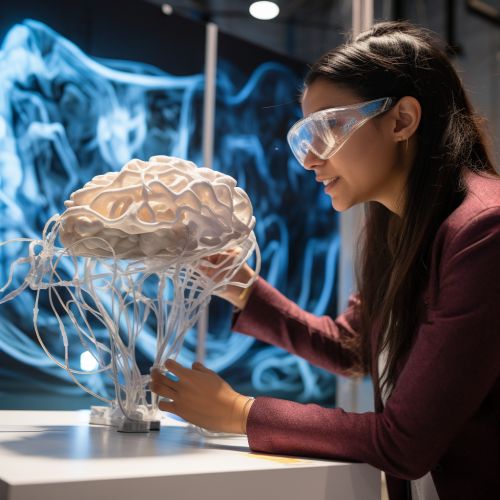The Science of Human Cognitive Styles in Memory
Introduction
The science of human cognitive styles in memory is a fascinating field that explores the unique ways in which individuals encode, store, and retrieve information. These cognitive styles are shaped by a multitude of factors, including genetic predisposition, environmental influences, and personal experiences. Gaining a deeper understanding of these cognitive styles can provide valuable insights into how individuals learn and process information, which can be instrumental in diverse fields such as education, psychology, and neuroscience.


Cognitive Styles
Cognitive styles represent the preferred ways in which individuals process information. These styles can be conceptualized as the mental filters that shape how individuals perceive and interpret the world around them. Influenced by a myriad of factors such as genetics, environment, and personal experiences, cognitive styles can be broadly classified into two types: field-dependent and field-independent. Field-dependent individuals tend to perceive and interpret information as a whole, while field-independent individuals tend to focus on individual components of information.
Memory
Memory, a complex cognitive process, involves the encoding, storage, and retrieval of information. It plays a pivotal role in learning and cognition. Memory can be broadly bifurcated into two types: short-term memory and long-term memory. Short-term memory, also referred to as working memory, is the ability to hold and manipulate information in mind over short periods of time. Conversely, long-term memory is the capacity to store and retrieve information over extended periods of time.
Cognitive Styles in Memory
Cognitive styles significantly influence the way individuals encode, store, and retrieve information. For instance, field-dependent individuals may have a higher propensity to remember information that is presented in a holistic manner, while field-independent individuals may be more inclined to remember information that is presented in a componential manner.
Field-Dependent Cognitive Style in Memory
Field-dependent individuals tend to perceive and interpret information as a whole. They are more inclined to remember information that is presented in a holistic manner. For example, they may be more likely to remember the overall theme or gist of a story, rather than specific details. Field-dependent individuals may also have a higher likelihood of remembering information that is presented in a social or interpersonal context, as they tend to be more socially oriented.


Field-Independent Cognitive Style in Memory
Field-independent individuals, on the other hand, tend to focus on individual components of information. They are more inclined to remember information that is presented in a componential manner. For instance, they may be more likely to remember specific details or facts, rather than the overall theme or gist of a story. Field-independent individuals may also have a higher likelihood of remembering information that is presented in a logical or analytical context, as they tend to be more analytically oriented.
Implications for Education
The understanding of cognitive styles in memory can have profound implications for education. For instance, educators can adapt their teaching methods to align with the cognitive styles of their students. For field-dependent students, educators might employ holistic teaching methods, such as story-telling or group discussions. Conversely, for field-independent students, educators might utilize componential teaching methods, such as fact-based lectures or analytical problem-solving exercises.
Implications for Psychology and Neuroscience
The science of cognitive styles in memory can also have significant implications for psychology and neuroscience. For example, psychologists and neuroscientists can leverage cognitive styles to gain a better understanding of individual differences in memory and cognition. They can also utilize cognitive styles to develop more effective interventions for individuals with memory disorders.
Conclusion
In conclusion, the science of human cognitive styles in memory explores the unique ways in which individuals encode, store, and retrieve information. Gaining a deeper understanding of these cognitive styles can provide valuable insights into how individuals learn and process information, which can be instrumental in diverse fields such as education, psychology, and neuroscience.
